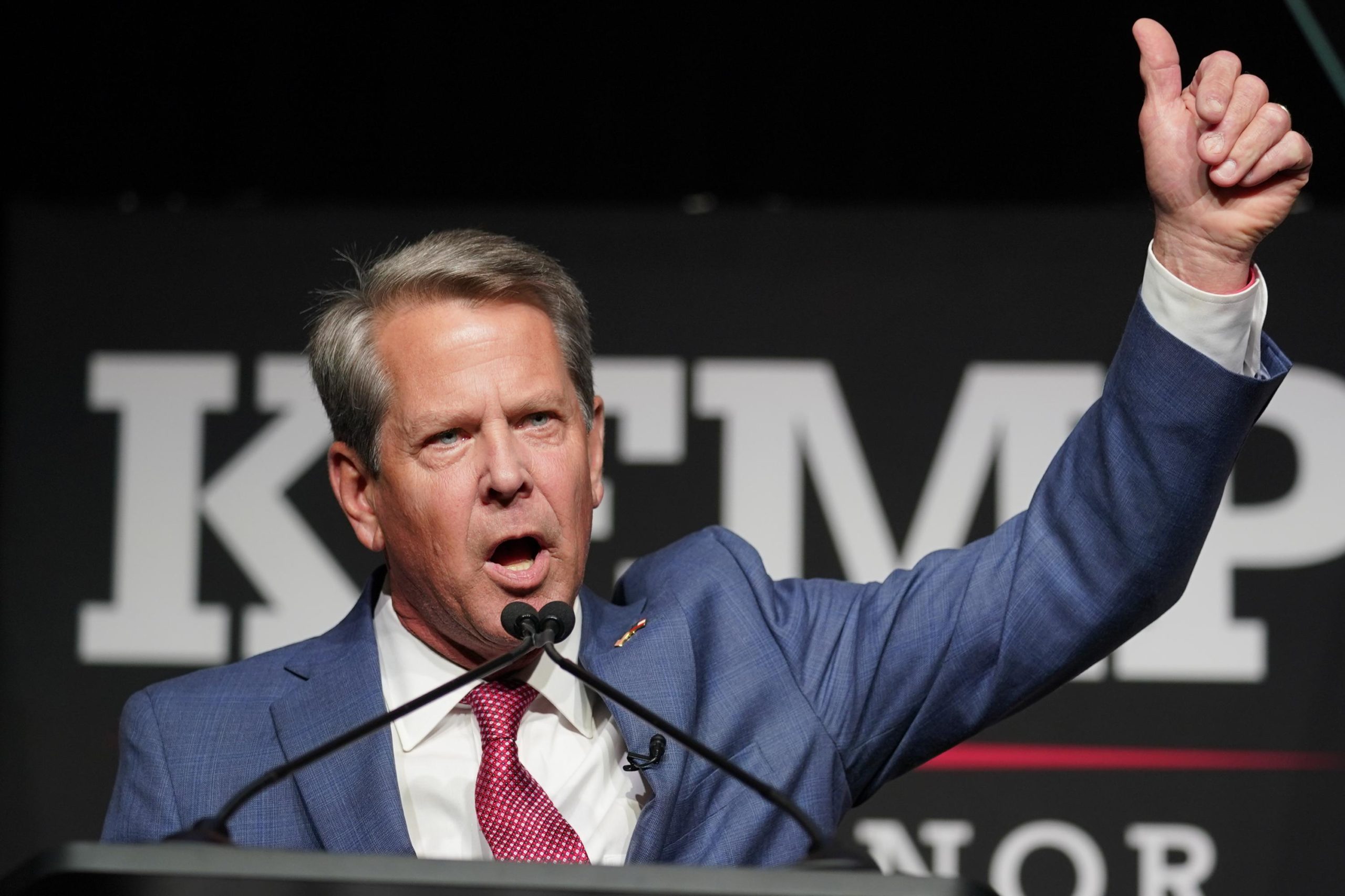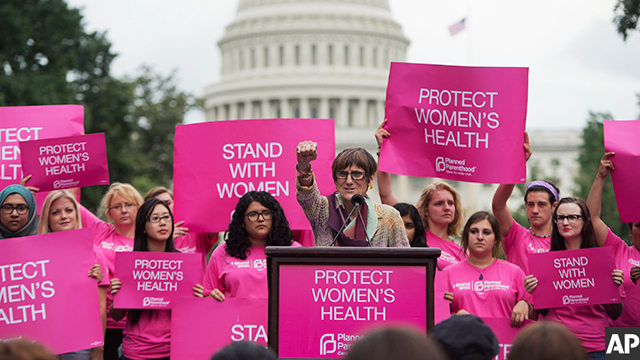By: Ronnie Kurtz
Finally, it’s Super Tuesday! Anyone happen to know the delegate count?
It’s Romney—207, Santorum—86, Paul—46 and Gingrich—39, right?
Or is it Romney—180, Santorum—90, Gingrich—29 and Paul—23?
Wait, it’s Romney—203, Santorum—92, Gingrich—33, Paul—25, isn’t it?
As these conflicting accounts—all from reputable news sources with their own stable of followers and subscribers—indicate, determining the delegate count following primary voting is no exact science. Typically, media outlets such as these, using the varying rules and regulations of each state delegation, extrapolate how many delegates will be awarded to each candidate based upon his showing in the popular vote. It is not possible to come to a consensus on the amount of delegates awarded to each candidate immediately after each primary because of the intricacies of the delegate awarding system—intricacies that rarely catch any attention in the media.
The process of organizing elections is left to each individual state, and thus, each state has its own set of rules. In Georgia, for example, the process is rather simple, with delegates being bound based on different popular vote metricIn other states where delegates are not bound, however, the process is more intricate, with delegates being awarded based on a tiered system of conventions. Those who wish to be delegates typically attend a precinct meeting, then a county convention, and so on, culminating in a state convention in which the final delegates to the National Republican Convention are awarded. How many delegates a candidate is awarded is in large part determined by how ardent his supporters are, how willing they are to sit through multiple day-long meetings and how determined they are to fight to become delegates.
This obscure delegation process is especially noticeable in Colorado, Maine and Minnesota. Santorum claims to have won Minnesota and Colorado, while Romney points to Maine as another triumph. Yet, there is another candidate who claims that he, in the end, will come out with the most delegates from all of these states.
According to the Ron Paul Campaign, they currently count 50% of delegates in county conventions in Colorado (as opposed to a 12% showing in the popular vote), 75% of delegates in Maine (as opposed to 35% of the vote), as well as 75% of delegates in Minnesota (as opposed to 27% of the vote) as their supporters. Should these trends continue throughout each level of the delegate appropriation process, it is Ron Paul who will come out with the lion’s share of the delegates in these states; prior to the Arizona and Michigan contests, the Ron Paul Campaign estimates had Paul only 11 delegates behind Romney, firmly in second place.
Under normal conditions, this type of anomaly would not occur; invigorated by the prospect of their candidate grabbing the nomination, dedicated supporters would come to the conventions to ensure that their candidate got the votes he needed. But if anything is certain about these 2012 primaries, it is that nothing is normal. Romney, Santorum and Gingrich alike have repeatedly shown their inability to get voters mobilized and excited about the election; it is only the man universally seen as the longest shot to win the nomination who has a strong, dedicated base of supporters.
I have seen how this group works, how absolutely fervent they are about their man. I attended the Gwinnett County Precinct Meetings this past month, the first step in Georgia’s delegate selection process. The large high school cafeteria was packed with people holding up their Romney or Santorum signs, while others corralled in line to see Newt Gingrich speak. Yet, despite the lack of visual presence, it was Ron Paul who won the straw poll. While Gingrich and Romney supporters skipped the vote to soak in the pomp and circumstance, the Paul soldiers made sure they placed their vote for Paul, and tried their best to influence others to do the same. The experience proved to me that Paul voters are the most vigilant of all, the most firmly in support of their candidate and the most likely to pursue the delegation process to the end. I have no choice but to believe that Paul supporters in places like Colorado will make sure they capitalized on their current majority.
So why then, with the potential to command a large amount of delegates at the Convention, is Ron Paul so summarily ignored and ostracized by the media? With the way this election cycle is going, it is almost guaranteed that the nominee will not be known when the delegates assemble in Tampa this August. This means that whoever wishes to escape from the Convention will have to get delegates from a fellow candidate (and let’s be honest, does anyone see Santorum, Romney or Gingrich dropping out to support the other?). The more delegates Ron Paul manages to squeeze into the convention, the more he will be courted and the more power he will have to influence the Republican platform. Even if the general public is not aware of this, even if the media won’t acknowledge this, his supporters know this, and they will keep working under the radar until their voice is finally heard. And yet, with all that he stands to command, Paul is ignored, mired in “last place” by media outlets that use their measurements to meet their own agenda. Instead of us talking about Romney and Paul, we are talking about Romney and Santorum, as it is these two the media has dubbed as the front runners.
With these facts in mind, this Super Tuesday, take in your results from the CNN, Fox News or whatever source suits your fancy with a grain of salt. Always be wary of who is keeping score. And, remember what is going on behind the scenes—unless you want to be surprised when the curtain drops.

